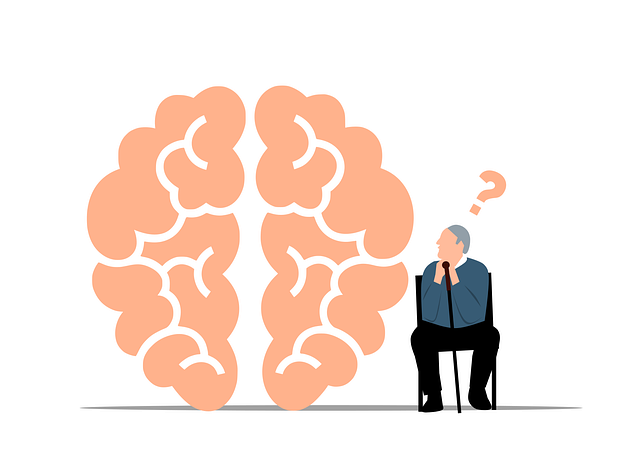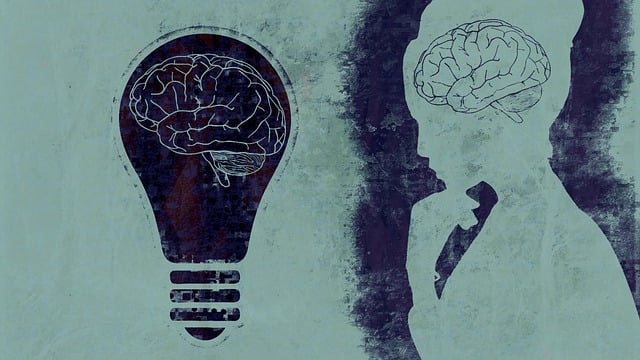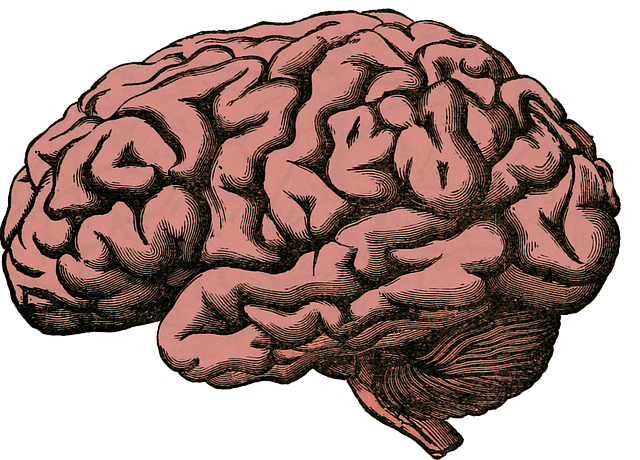Emotional Intelligence (EI) is a powerful tool for improving mental health and managing PTSD, with Greenwood Village Post-Traumatic Stress Disorder Therapy emphasizing its benefits. Through self-awareness exercises, stress management techniques, and mindfulness meditation, individuals gain resilience by accepting emotions without judgment. This therapy teaches them to identify triggers, manage intense feelings, and develop healthier coping mechanisms. Empathy, a key aspect of EI, fosters deep connections and safe emotional expression in therapeutic environments, aiding healing and preventing burnout. Enhancing EQ through various strategies leads to better interpersonal interactions and overall well-being.
Emotional intelligence (EI) is a powerful tool for navigating life’s complexities, especially those dealing with post-traumatic stress disorder (PTSD). Understanding EI and its profound impact on mental health is the first step towards healing. This article guides you through recognizing and managing your emotions, fostering empathy in relationships, and offers practical strategies to enhance EI in everyday life, all essential components of Greenwood Village PTSD therapy.
- Understanding Emotional Intelligence and its Impact on Mental Health
- Recognizing and Managing Your Own Emotions
- Empathy: The Cornerstone of Healthy Relationships
- Strategies for Enhancing Emotional Intelligence in Everyday Life
Understanding Emotional Intelligence and its Impact on Mental Health

Emotional intelligence (EI) is a powerful tool for enhancing mental health and overall well-being. It involves recognizing, understanding, and managing one’s own emotions, as well as empathizing with others. This ability to navigate and respond appropriately to complex emotional situations can significantly impact an individual’s resilience, especially in the face of challenges like post-traumatic stress disorder (PTSD). Greenwood Village Post-Traumatic Stress Disorder Therapy often emphasizes EI as a crucial component in the healing process.
Developing positive thinking and mindfulness meditation skills can be integral parts of building EI. These practices encourage individuals to become more aware of their thoughts, emotions, and physical sensations, fostering a deeper connection with themselves and others. Additionally, participating in stress management workshops or joining a supportive organization can provide valuable resources for learning effective strategies to handle emotional triggers and reduce the impact of stress on mental health.
Recognizing and Managing Your Own Emotions

Emotional intelligence begins with self-awareness—recognizing and understanding your own emotions. This involves being attuned to your feelings and accepting them without judgment. Many people struggle with this, especially those who have experienced trauma; Greenwood Village Post-Traumatic Stress Disorder (PTSD) Therapy offers a safe space to process these emotions. Through therapy, individuals can learn to identify triggers, manage intense feelings, and develop healthier coping mechanisms.
Managing your emotions effectively also means understanding the impact they have on your thoughts and behaviors. By implementing stress reduction methods and risk management planning, mental health professionals can help clients improve their mood regulation skills. This proactive approach not only benefits personal relationships but also enhances overall well-being and resilience in a wide range of situations.
Empathy: The Cornerstone of Healthy Relationships

Empathy is a fundamental aspect of emotional intelligence that serves as the cornerstone of healthy relationships. It allows individuals to understand and share the feelings of others, fostering deep connections and mutual support. In Greenwood Village Post-Traumatic Stress Disorder (PTSD) Therapy, empathy plays a pivotal role in creating safe spaces where clients can express their emotions freely without fear of judgment. This empathetic approach not only aids in the emotional healing processes but also promotes self-esteem improvement by validating individuals’ experiences.
By cultivating empathy, healthcare providers can effectively implement burnout prevention strategies, ensuring they remain attuned to the needs of those they serve. This is especially crucial for professionals working in high-stress environments where emotional demands are intense. Incorporating empathy into practice strengthens interpersonal relationships, enhances communication, and contributes to a more positive and supportive therapeutic environment, ultimately benefiting both clients and healthcare providers alike.
Strategies for Enhancing Emotional Intelligence in Everyday Life

Emotional intelligence (EQ) is a powerful tool for navigating life’s challenges and fostering meaningful connections. There are numerous strategies to enhance EQ in everyday situations. One effective method is Greenwood Village Post-Traumatic Stress Disorder Therapy, which helps individuals process and manage intense emotions resulting from traumatic events. This therapeutic approach encourages self-awareness, providing insights into emotional triggers and patterns.
Additionally, practicing self-esteem improvement techniques can boost your EQ. Engaging in regular self-reflection allows you to recognize and validate your emotions, leading to better understanding. Crisis intervention guidance offers practical tools for managing high-stress situations, while conflict resolution techniques teach individuals to navigate disagreements constructively, promoting healthier interpersonal interactions.
Emotional intelligence is a powerful tool for enhancing mental well-being and fostering meaningful connections. By understanding and managing your emotions, practicing empathy, and incorporating strategic techniques into daily life, individuals can improve their emotional resilience and navigate relationships with greater ease. Greenwood Village Post-Traumatic Stress Disorder (PTSD) Therapy highlights the importance of these skills, as emotional intelligence can aid in healing and recovery from trauma. With dedicated practice, anyone can strengthen their emotional intelligence, leading to improved mental health outcomes and more fulfilling interpersonal interactions.












